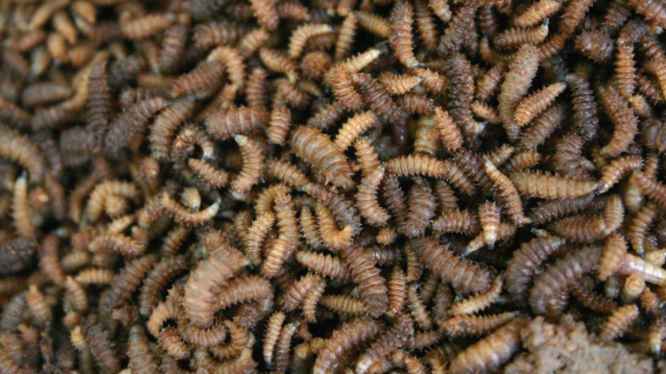You’re probably here because your dog has eaten a bunch of bread or possibly an entire loaf of bread. If so, you’re not alone! Dogs seem to have a penchant for eating what they see us eating. Maybe this is instinctual behavior from when our fur babies were wild wolves that ran in a pack. What the leader ate, the rest of the pack ate, too.
Connect with a verified veterinarian in minutes. Licensed vets are available 24/7 to answer your questions. No need to worry about your furry family member.
Whatever the reason, it’s a fact that dogs love our food, which includes bread. But can bread be bad for your dog?
Facts about Bread
Bread is one of the staples of the human diet, which has been around for over 10,000 years. There are many different types of bread, various ingredients, and more. You can choose from whole wheat, gluten-free made from rice or potatoes, and so many other variations it makes you dizzy! Think about the bread counter at your local grocery store, and you’ll see what we mean.
When it comes to basic ingredients, bread contains flour, salt, yeast (not all bread—but many), and water. From there, of course, the recipes branch out in many different ways. There are bread recipes that contain garlic, nuts, fruits, and more.
But is bread safe for dogs?
Bread & Dogs
The answer is that it depends. If you’re talking about plain, white bread, then yes, this is usually OK for dogs to eat. However, if your dog has a wheat allergy, then avoid feeding him bread made from white flour. He may have an allergic reaction, stomach, and digestive troubles. And it’s possible, if his allergy is severe, that your dog could have an anaphylactic reaction. Otherwise, bread as a treat once in a while won’t hurt your fur baby.
However, feeding your dog bread on a regular basis could cause him to become overweight or obese. This is because bread contains a lot of calories. So, only treat your fur baby to bread once in a while.

Review symptoms, medications & behavior to keep your pets healthy with a Vet Online in just minutes.
Ask a Vet Live NowBread That Isn’t Plain
This is where most of the trouble starts. Some bread is baked with ingredients that are toxic to dogs. These ingredients can include some nuts (such as Macadamia nuts), garlic/onion, lots of sugar, raisins/grapes, and more. These ingredients can make a dog very sick.
And back to nuts, some of them are very high in fats, which can cause digestive issues in dogs, which include vomiting and diarrhea.
Raw Bread Dough & Dogs
Bread dough that’s not baked is also not good for dogs. This is because the bread can continue to rise in his stomach, causing bloating, pain, and more. What’s more, the dough can make your dog drunk due to the ethanol, which is in the dough (a by-product of yeast).
Gastric Discomfort from Eating Too Much Bread
So, if your fur baby had a lot of bread, he may be having some gastric discomfort right now. The symptoms can include:
- Abdominal pain & swelling
- Panting
- Pacing (can’t get comfortable)
- Gas expulsion (burping/gassy)
- Nausea
- Vomiting
- Diarrhea
If you notice these symptoms in your dog, then it’s a good idea to call the vet. They will be able to advise you on the next steps needed to help your fur baby find relief.
In most cases, this problem should pass on its own in about 24-48 hours; however, some dogs may need to see the vet if their symptoms don’t resolve.
Connect with a verified veterinarian in minutes. Licensed vets are available 24/7 to answer your questions. No need to worry about your furry family member.

Julie
Julie is a graduate of the University of North Carolina, Wilmington, where she studied Animal science. Though contrary to the opinion of her parents she was meant to study pharmacy, but she was in love with animals especially cats. Julie currently works in an animal research institute (NGO) in California and loves spending quality time with her little cat. She has the passion for making research about animals, how they survive, their way of life among others and publishes it. Julie is also happily married with two kids.
Review symptoms, medications & behavior to keep your pets healthy with a Vet Online in just minutes.
Ask a Vet Live Now




